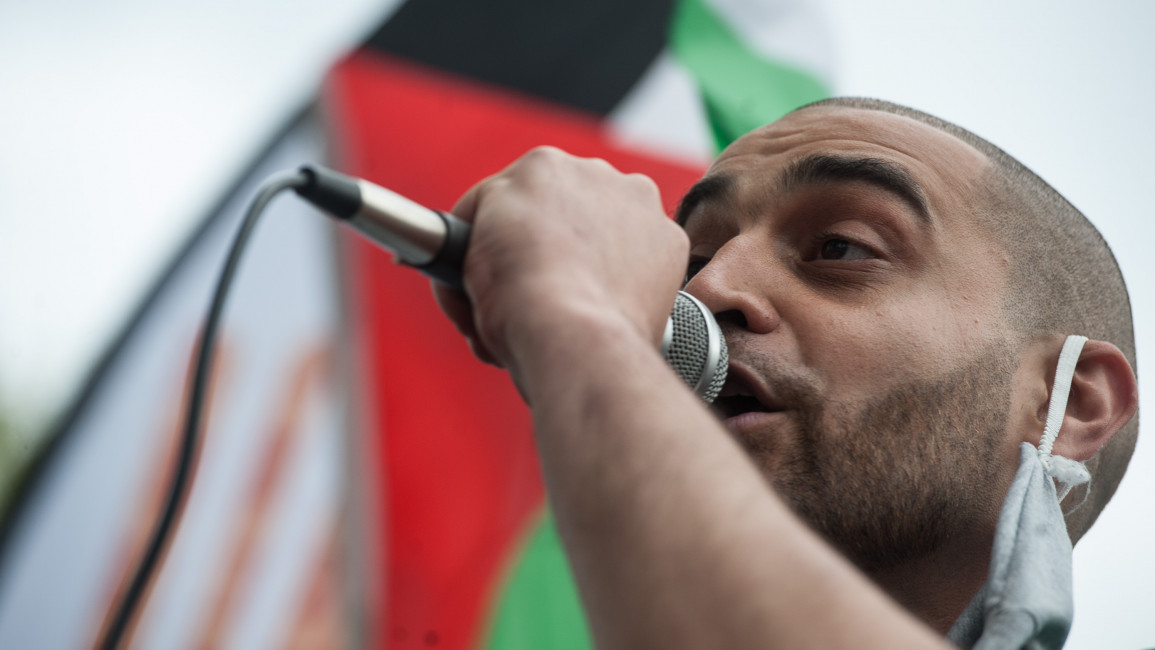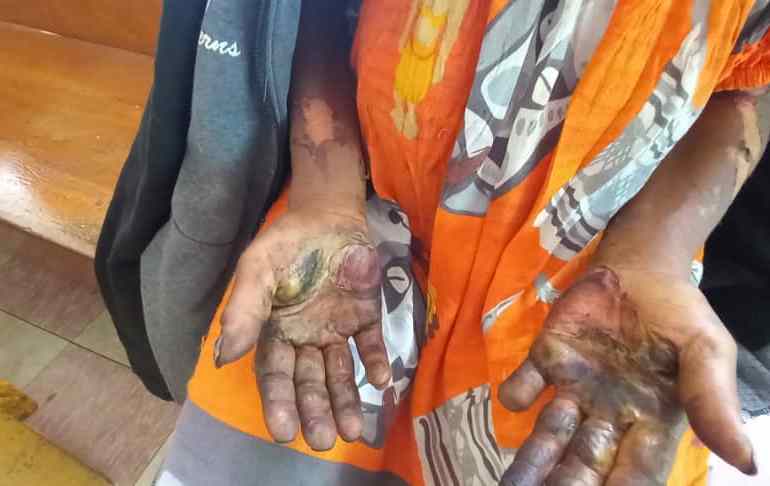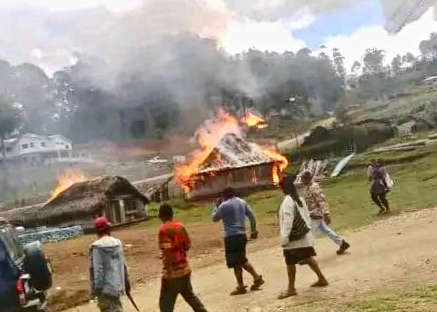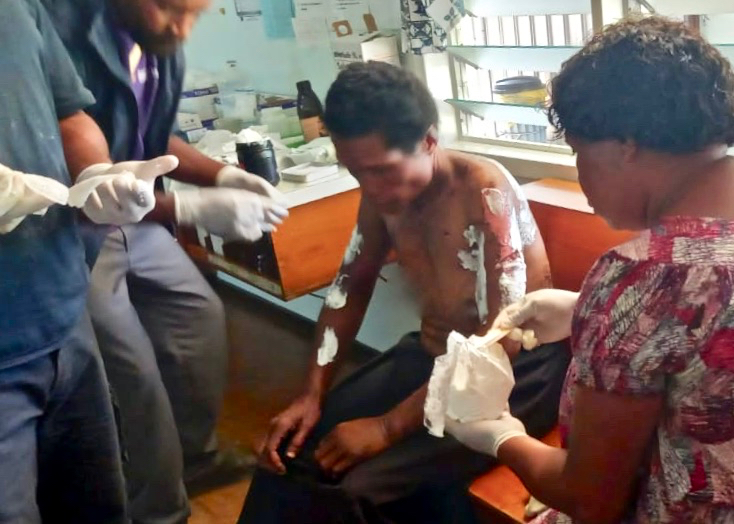This Economy Is Proving Too Hard for Economists
No sooner had the Labor Department said earlier this month that economy added 528,000 jobs in July, more than double the forecast and exceeding every one of the more than 70 estimates in a Bloomberg survey, than economists dismissed the results as “noise.” They trotted out the word again when the government said on Aug. 10 that the consumer price index was unchanged in July from the month before, an outcome all but four of 63 economists predicted. They expected an increase. And just this week we heard a lot of economists respond with “noise” when the Commerce Department said this week that retail sales for July among a control group that is used to calculate GDP rose more than forecast.
This is all very confusing to many, and I get it. But just because the data doesn’t fit Wall Street’s longstanding models that worked in the pre-pandemic era doesn’t mean that it’s ”noise.” It probably means the models are in dire need of updating.
Take the inflation data. The no change in the monthly CPI was surprising, but probably not an outlier. The Bureau of Labor Statistics does a pretty good job of gathering and analyzing data. If it is showing that inflation was unchanged, it does really mean inflation slowed. It also means we can still debate about why inflation slowed. My pet theory is that faster inflation was the result of the lagged effects of fiscal stimulus in response to the shutdowns in the early days of the pandemic, and now that the stimulus is moving farther away in the rear-view mirror, price gains will slow. The data is what it is, but it can still be subject to interpretation
The strong retail sales number might also be dismissed as “noise.” Retail sales excluding auto purchases rose 0.4% in July, versus a forecasted contraction of 0.1% in a Bloomberg survey. Sales among the control group rose 0.8%, well above the pre-pandemic monthly average of 0.3%. The latest results don’t exactly fit the narrative that the economy is in a recession.
So, the options are to either dismiss data that doesn’t meet the numbers spit out by the models or apply some brainpower to figure out why the models seem to be getting critical parts of the economy so wrong lately. Maybe consumers aren’t as tapped out by inflation as we are led to believe. Maybe the massive amount of money still sitting in household savings accounts thanks to the unprecedented fiscal stimulus when combined with an unemployment rate that, at 3.5%, represents a 53-year low, means consumers are mostly undeterred by rising prices.
This isn’t to say there is no volatility in economic data. There are occasional anomalies. Sometimes the seasonality calculations are off due to an extraordinary event, like an unexpected government shut down due to the debt ceiling being reached or a natural disaster. This is why many economists look at moving averages and data series over a period of time to get a truer picture of trends.
Everything happing in the economy right now is happening for a reason – a reason that many economists and investors are struggling to understand. As I’ve written before, none of models used by economists are useful in predicting the aftermath of an economy that stops on a dime, jettisons some 17 million from the workforce over two weeks and contracts 31% only to rebound just as quickly on the back of free-money government programs that injected trillions of dollars directly into the pockets of consumers to go along with negative real interest rates and quantitative easing policies from the central bank. On top of that, global supply chains were massively disrupted, creating shortages of goods, which in turn led to higher prices for those that were available.
It will take quite a few years before all of this is sorted out and we return to something resembling a normal business cycle. The broad economic slowdown we are experiencing is likely nothing more than a pullback from the artificially induced sharp recovery from the lockdowns. It may not fit the model of a conventional business cycle, but once you accept that this is not a normal business cycle and view the data through a different lens, then the unexpected begins to make sense and not something to be dismissed as “noise.”
This column does not necessarily reflect the opinion of the editorial board or Bloomberg LP and its owners.
Jared Dillian is the editor and publisher of the Daily Dirtnap. An investment strategist at Mauldin Economics, he is author of “All the Evil of This World.” He may have a stake in the areas he writes about.
More stories like this are available on bloomberg.com/opinion
©2022 Bloomberg L.P.

.jpg)








